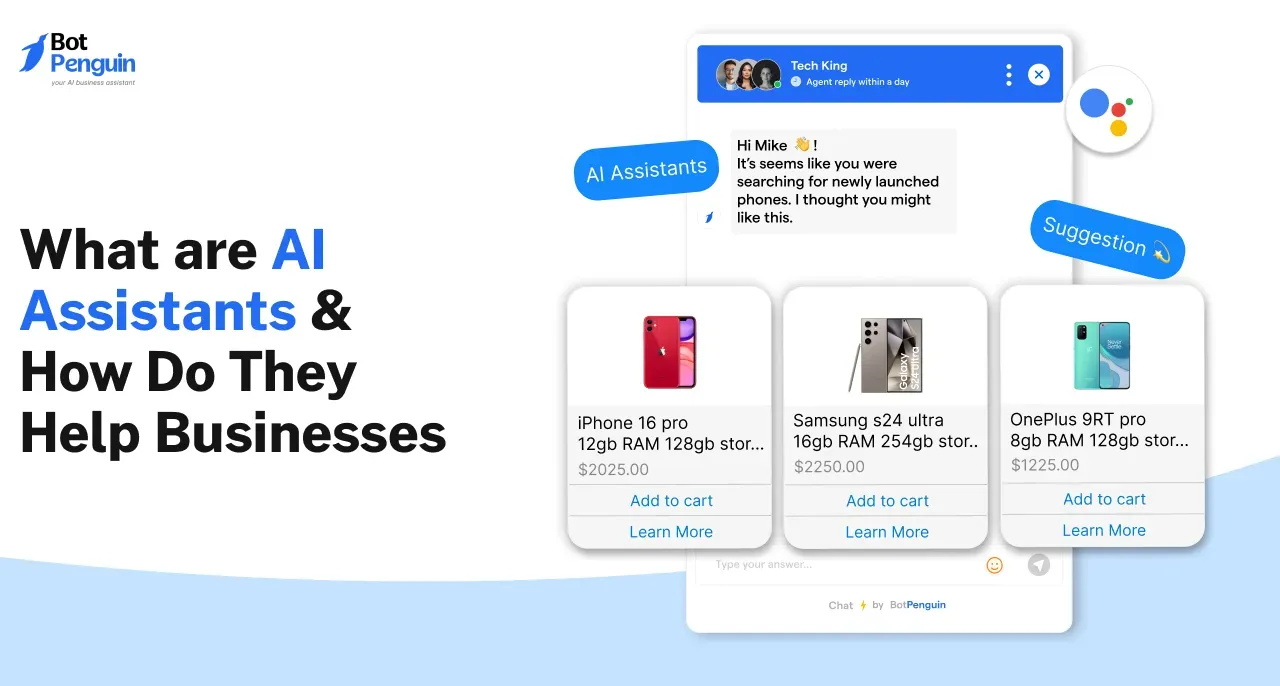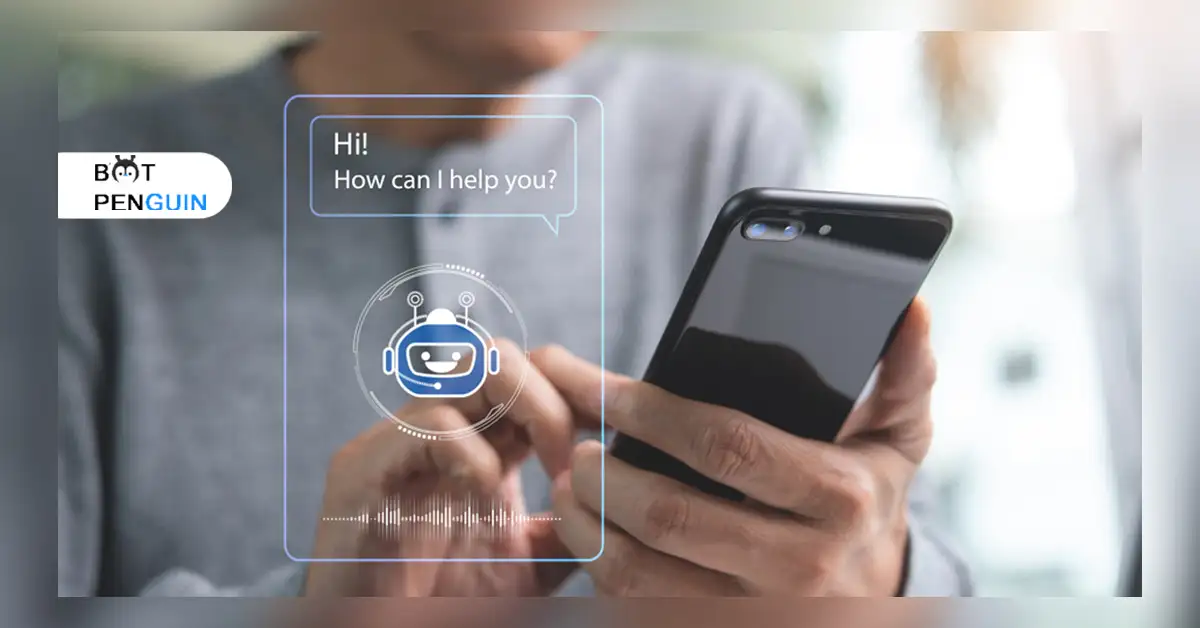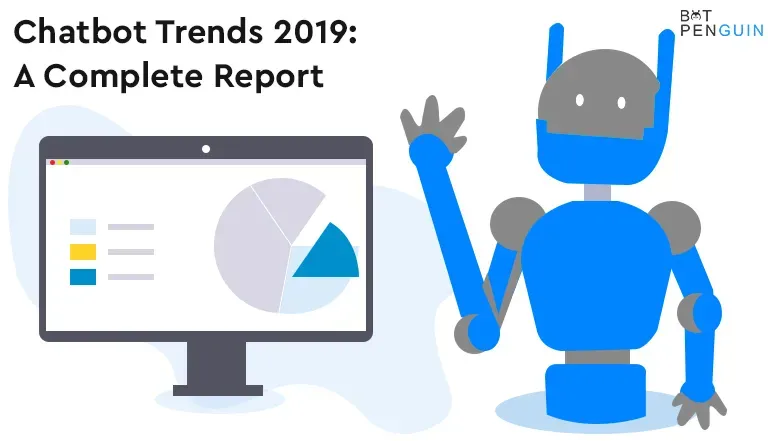How actually to put most of your mundane conversations on autopilot? ChatGPT4 can mimic human responses like never before. Chatbots have become a popular tool for businesses looking to improve their customer service and automate routine tasks.
Traditional chatbots, however, have been limited by their ability to understand and respond to natural language in a human-like way. ChatGPT 4 is an advanced AI application that aims to overcome these limitations by mimicking human responses and providing users with a more natural and conversational experience.
Why don’t we dive deeper?
ChatGPT 4 Features of Fame
As the world of artificial intelligence evolves at a rapid pace, it's the new, more advanced models that continually capture our attention and ignite our curiosity. One such anticipation-laden marvel is ChatGPT 4, the latest iteration from OpenAI's flagship language model series.
Natural Language Processing
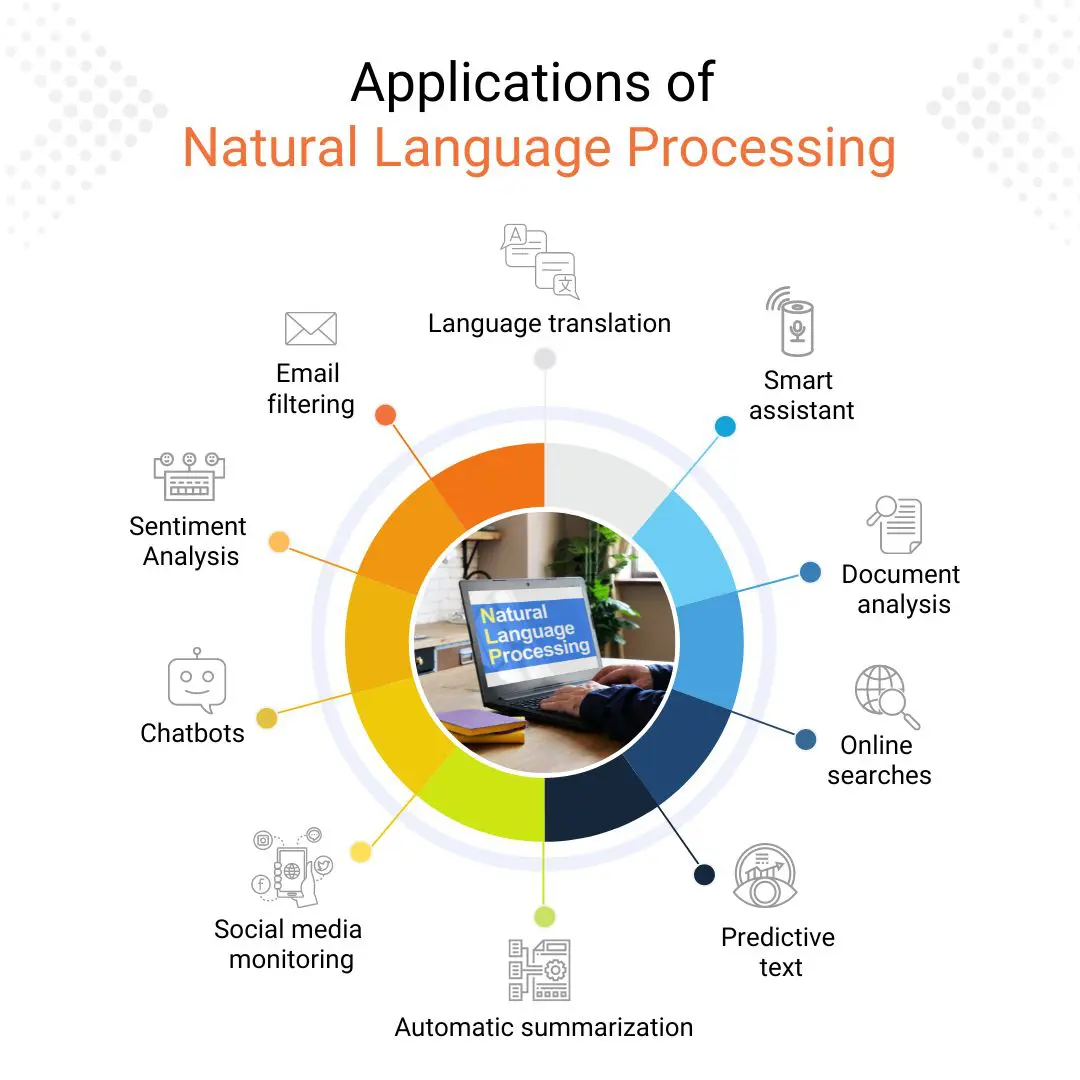
ChatGPT 4 is powered by the latest GPT architecture version, a state-of-the-art natural language processing model developed by OpenAI. This enables ChatGPT 4 to understand and generate human-like responses to various queries and topics. It is the most important chatGPT 4 feature and is completely qualitative.
Conversational Ability
One of the key benefits of ChatGPT 4 is its ability to engage in natural and fluid conversations with users, thanks to its advanced natural language processing capabilities. This makes ChatGPT 4 a valuable tool for businesses looking to provide more personalized and accurate responses to customer inquiries.
Personalization
ChatGPT 4 is designed to learn and adapt to individual users, providing a more personalized experience that can improve customer satisfaction and engagement. This is achieved through its ability to analyze user data and previous interactions to tailor responses.
Learning and Adaptation
ChatGPT 4 is designed to learn and adapt to new information and contexts continuously. It becomes increasingly accurate and responsive as it interacts with more users, providing a more valuable experience over time.
Integration with Third-Party Platforms
ChatGPT 4 is designed to integrate with a wide range of third-party platforms, including social media, messaging apps, and other business tools. This allows businesses to leverage ChatGPT 4 across multiple channels, providing users with a consistent and seamless experience.
ChatGPT 4 Release Date
Venturing into the ever-evolving world of artificial intelligence, it's always exciting to anticipate the release of new, more advanced models. They signify not just progress, but a window into future possibilities. One such eagerly awaited model is ChatGPT 4, the next iteration of OpenAI's renowned language model. While its predecessors have made a substantial impact on the AI industry, the release of ChatGPT 4 is set to take that success even further.
History of ChatGPT Releases
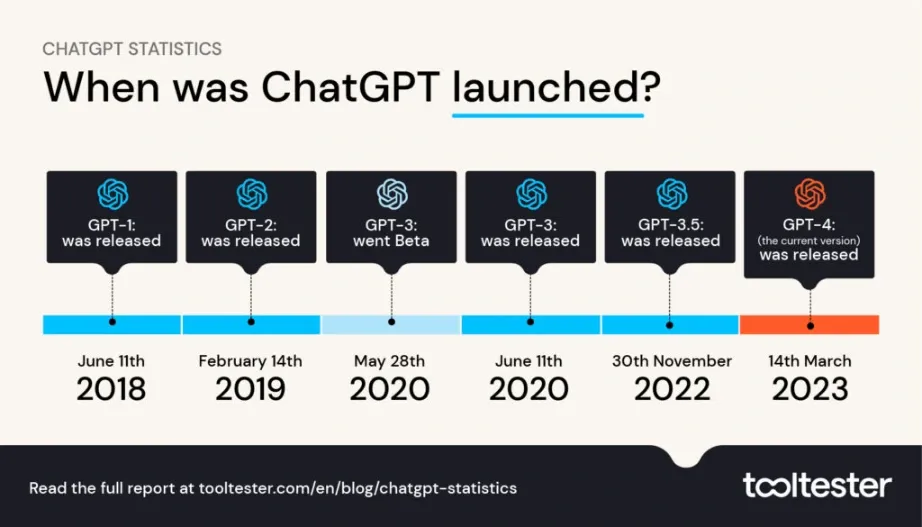
ChatGPT, developed by OpenAI, has been releasing different versions of its chatbot model to improve the quality of its responses and increase the range of its capabilities.
The first version, ChatGPT-1, was released in June 2018, followed by ChatGPT-2 in February 2019 and ChatGPT-3 in May 2020.
Each new version significantly improved the model's ability to generate human-like responses, with ChatGPT-3 being the most advanced model until ChatGPT 4 was launched on March 14th, 2023.
Timeline of ChatGPT 4 Development
The development of ChatGPT-4 began soon after the release of ChatGPT-3 in 2020. OpenAI made the official release for ChatGPT-4 on March 14th, 2023. The development process involves training the model on a massive dataset of human conversations to improve its ability to mimic human responses and generate high-quality responses to a wide range of queries.
Current Status of ChatGPT 4
After spending three years in the development phase and undergoing rigorous testing to ensure its performance meets the high standards set by its predecessors, ChatGPT-4 is available for public use. It is an improved version with more room for professional users.
ChatGPT 4 Pricing
Token Model
OpenAI has announced the pricing details for ChatGPT-4. It is similar to the previous versions, with a token-based model that offers different service tiers depending on the user's needs.
Enterprise Solutions
For enterprise customers, OpenAI may offer customized solutions and dedicated support to meet the specific requirements of their businesses. This may include custom training on industry-specific data sets and tailored integrations with existing software. All these solutions are better offered by BotPenguin, via its ChatGPT integration.
Comparison to Traditional Chatbot Pricing
ChatGPT's pricing model may differ from traditional chatbot pricing, which typically involves a one-time fee for the development and implementation of the chatbot. ChatGPT's token-based model allows for more flexibility in terms of scalability and ongoing support but may also result in higher long-term costs.
Use Cases for ChatGPT 4
ChatGPT 4, like its predecessors, can be applied in numerous scenarios across various industries due to its sophisticated natural language understanding and generation capabilities. Here are some of the use cases for ChatGPT 4
Customer Service
Chatbots are increasingly used in customer service to handle routine inquiries and respond immediately to customer queries. ChatGPT-4's ability to generate human-like responses could improve the customer experience by providing more personalized and empathetic interactions.
Sales and Marketing
Chatbots can be used in sales and marketing to provide customers personalized recommendations and guide them through the buying process. ChatGPT-4's advanced language capabilities could allow for more natural and persuasive interactions with potential customers.
Education and Training
Chatbots can be used in education and training to provide students with personalized learning experiences and to assist with homework and exam preparation. ChatGPT-4's ability to mimic human responses could greatly enhance the effectiveness of these interactions.
Healthcare
Chatbots can be used in healthcare to assist with patient care and provide personalized medical treatment recommendations. ChatGPT-4's ability to generate human-like responses could allow for more natural and empathetic patient interactions.
Other Industries
Chatbots can be used in a wide range of industries, from finance to hospitality to transportation. ChatGPT-4's advanced language capabilities could greatly improve the efficiency and effectiveness of these interactions.
Implementing ChatGPT 4
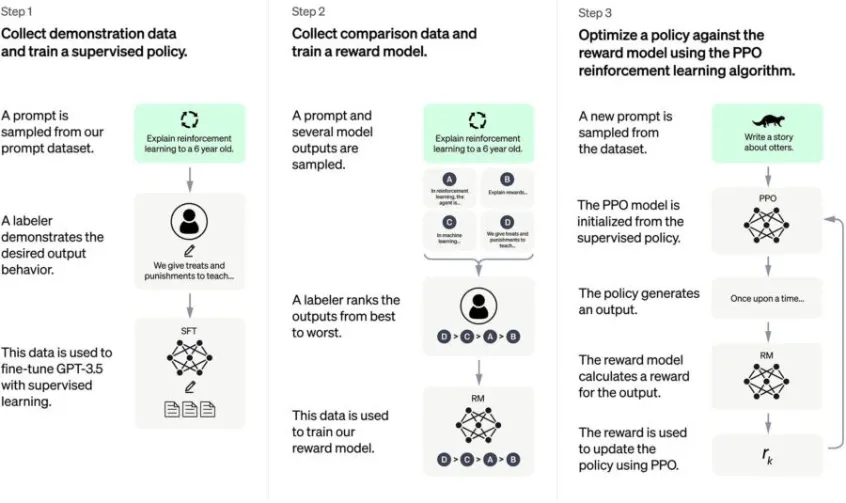
Integration with Existing Platforms
One of the benefits of ChatGPT 4 is its ability to seamlessly integrate with existing platforms, such as websites, social media channels, and messaging apps. The ChatGPT 4 API allows for easy integration, and there are several integration options available, including custom integration and integration with popular platforms like Facebook Messenger and Slack.
Customization and Training
Customization ensures that ChatGPT 4 accurately represents a business or organization. Users can customize the chatbot's responses, tone, name, and appearance to match their brand.
Training the chatbot is crucial to ensure it understands the context of the conversation and responds appropriately. ChatGPT 4 provides a user-friendly interface for customization and training, allowing even those without programming experience to customize their chatbot easily.
Maintenance and Support
Like any software, ChatGPT 4 requires regular maintenance and support to ensure its optimal performance. ChatGPT 4 offers a dedicated support team to assist with any issues or questions. Regular updates and bug fixes are provided to improve the chatbot's functionality and address any issues.
Rocky Road
One such milestone is ChatGPT 4, OpenAI's language model, which has revolutionized the way we interact with technology. However, the path to innovation isn't without its challenges.
Privacy and Security
As with any technology interacting with user data, privacy, and security are important considerations. ChatGPT 4 uses advanced encryption methods to protect user data and employs strict security protocols to prevent unauthorized access. Additionally, businesses should be transparent with their customers about how their data is being used and stored to ensure trust and compliance with data privacy laws.
Ethical Implications
As AI becomes more sophisticated and human-like, ethical considerations must be considered. ChatGPT 4 should be programmed to adhere to ethical standards and principles, including respecting user privacy, avoiding discrimination, and transparency in interactions.
User Adoption and Feedback
User adoption and feedback are crucial for the success of any chatbot implementation. Businesses should carefully consider how ChatGPT 4 will fit into their existing customer service or marketing strategies and communicate the benefits of the chatbot to their customers. Additionally, user feedback should be regularly collected and analyzed to identify areas for improvement and ensure a positive user experience.
TL;DR
ChatGPT 4 is a game-changing chatbot that has the potential to revolutionize the way businesses and organizations interact with their customers. Its advanced AI capabilities and ability to mimic human responses make it an attractive option for businesses looking to improve customer service and increase efficiency.
With its seamless integration options, customization capabilities, and dedicated support team, implementing ChatGPT 4 has never been easier. However, businesses should carefully consider the potential challenges and ethical implications of using chatbots and work to ensure user adoption and feedback to ensure a positive and successful implementation.
Professional users, however, will be left wanting more. BotPenguin’s ChatGPT-4 integration is here to make their lives easier and on the cutting edge of tech.
Check us out today and power your business with the growth engine of the decade.
FAQs
What is ChatGPT 4 and how does it differ from previous versions?
ChatGPT 4 is an advanced chatbot developed by OpenAI that aims to replicate human-like responses in conversations. It represents the latest iteration of the GPT (Generative Pre-trained Transformer) model and incorporates significant improvements compared to its predecessors. The key distinctions lie in its enhanced language comprehension, coherence of responses, and ability to generate contextually appropriate and accurate answers, resulting in a more natural conversational experience.
Can ChatGPT 4 understand and respond to complex queries?
Certainly, ChatGPT 4 is designed to comprehend and respond to complex queries. With its comprehensive training on a wide range of topics, it possesses a broader knowledge base compared to previous versions. However, there might still be limitations in its understanding of highly specialized or niche subjects. The model is most effective for general information and conversational purposes.
Can ChatGPT 4 pass the Turing test?
Passing the Turing test, which determines if a machine's behavior is indistinguishable from that of a human, is a formidable benchmark. While ChatGPT 4 has made significant advancements, it may not consistently pass the Turing test in all conversations. Although it can generate human-like responses, there may be instances where it reveals its limitations, such as providing incorrect or nonsensical answers.
Can ChatGPT 4 learn from user interactions?
ChatGPT 4 undergoes a two-step training process: pre-training and fine-tuning. However, it does not possess the ability to learn directly from user interactions in real-time. The training process involves gathering data from the internet and does not incorporate individual user interactions as part of its learning. The model generates responses based on the knowledge it has acquired during the training phase.
How does ChatGPT 4 handle sensitive or controversial topics?
ChatGPT 4 has been designed to avoid taking positions on controversial topics and aims to provide balanced and unbiased responses. It strives to reflect the information present in the training data without introducing its own biases. However, due to the diverse nature of the internet data used for training, there may still be instances where biases or sensitive information could emerge. OpenAI continues to refine the model's behavior to minimize such occurrences.

